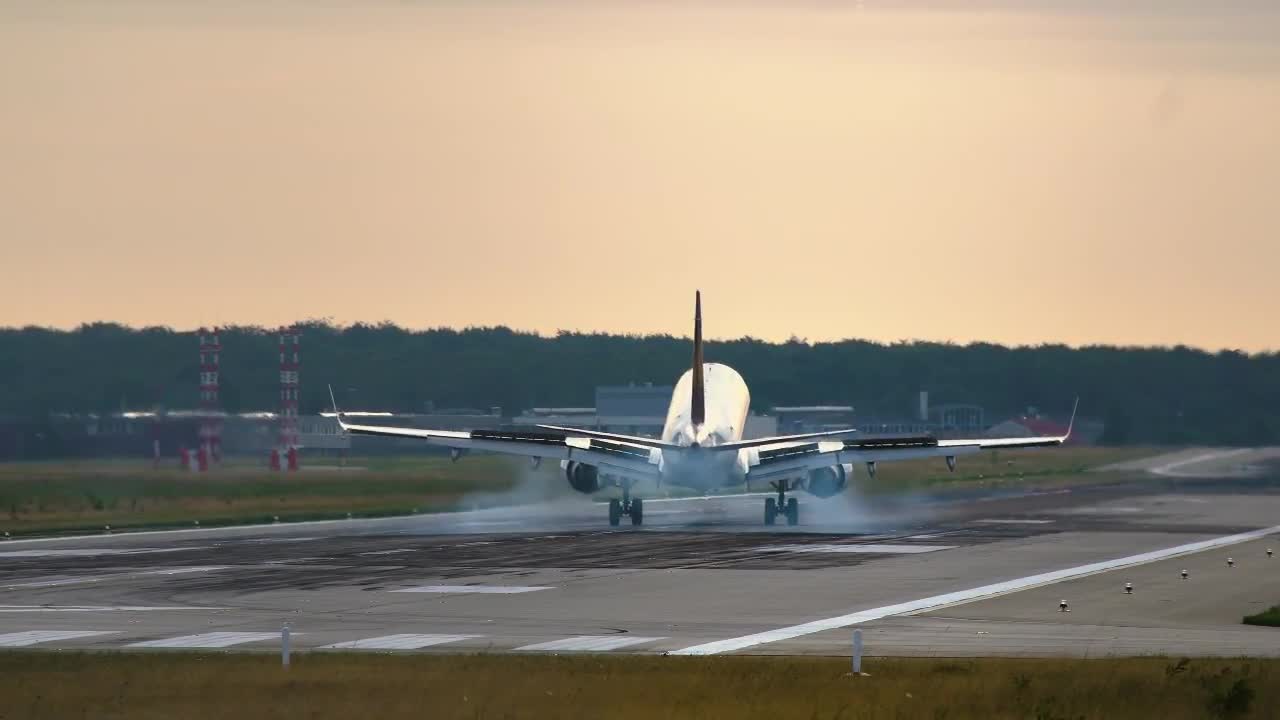

Someone had to build that road, even digitally. (In part, because very few games can claim to be “necessary” in any meaningful sense, and because necessity is very rarely a useful limit on the existence of a cultural object.)īut even in The Plane Effect’s relatively short play time, I found myself asking why it had me spend a not-insignificant amount of time walking and driving in a straight line, simply to reach the next obstacle. Even as a critic I’m inclined to spend more time dealing with what is in front of me, and how exactly it does what it does, than in attempting to deal with why this particular story or system might be necessary at this particular time. If I come down leaning toward the negative on the second half of that question, I do have to acknowledge that “why” is a troublesome question for a lot of video games. Was he trying to escape from a Kafkaesque office environment? Was he trying to find or recover his lost family? Was he an automaton rather than a person, and if so, did that have any impact whatsoever on his status as an office drone or his connection to his apparent family?ĭo these things really matter in a puzzle game, or are mood and a clever set of gears sufficient? The whys and hows While the unnamed office worker I directed was repeatedly haunted by spectres of his apparent wife and child that would appear and fade away, I was never sure what exactly he was trying to do beyond the demands of overcoming the immediate obstacle. Its willingness to embrace non sequitur in its storytelling leaves an impression of randomness rather than cohesion. And yet, I’m not entirely sure that the game justifies the time it demands.


 0 kommentar(er)
0 kommentar(er)
